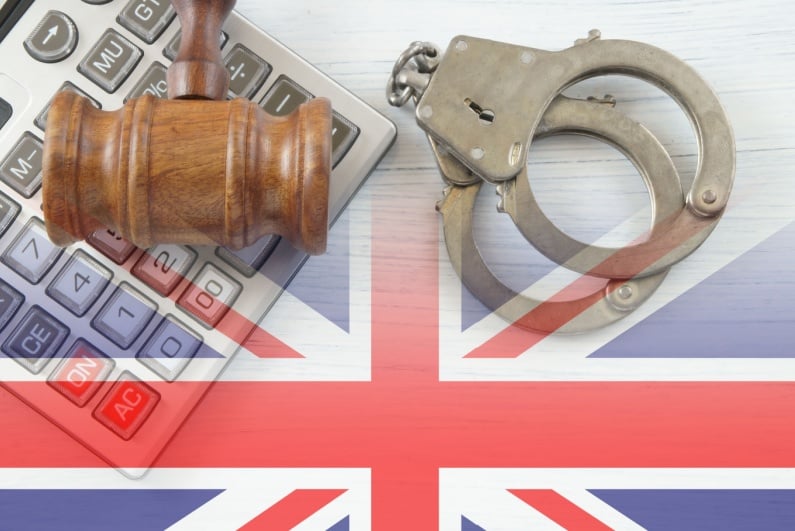


The future of Thailand’s casino legalization bill has become increasingly uncertain amid the country’s ongoing political crisis.

The future of Thailand’s casino legalization bill has become increasingly uncertain amid the country’s ongoing political crisis. Prime Minister Paetongtarn Shinawatra, the main proponent of legalizing land-based casinos in Thailand, was suspended from office on July 1 following a Constitutional Court decision prompted by a petition demanding her removal.
Shinawatra sparked nationwide outrage after a leaked phone conversation with former Cambodian Prime Minister Hun Sen, in which she appeared to criticize the actions of the Thai military in the prolonged territorial dispute with Cambodia.
Despite issuing a public apology, protesters took to the streets of Bangkok, calling for her resignation. Earlier, the Bhumjaithai Party had already exited Shinawatra’s coalition government, leaving her with a highly fragile parliamentary majority.
Deputy Prime Minister Suriya Juangroongruangkit will assume the role of acting prime minister. However, all initiatives led by Shinawatra are likely to be paused as her political fate is decided.
This includes the bill proposing the establishment of casinos as part of integrated resorts in Thailand’s major tourist hotspots. The bill is currently under review by a Senate committee and was scheduled for debate in the lower house of parliament in early July.
Shinawatra now has 15 days to submit evidence in her defense. If she is permanently removed from office, the country will begin preparing for new elections, which could lead to delays in the bill’s progress. It is also unclear whether her successor would support the initiative with the same level of commitment.
Despite the government’s efforts, public skepticism surrounding casino legalization persists. According to recently published data from the National Institute of Development Administration (NIDA), 57% of respondents oppose the creation of entertainment centers and casinos in the country.
Additionally, 61% of those surveyed support holding a referendum on the issue – a proposal previously put forward by one of the major subcommittees working on the bill’s details.














